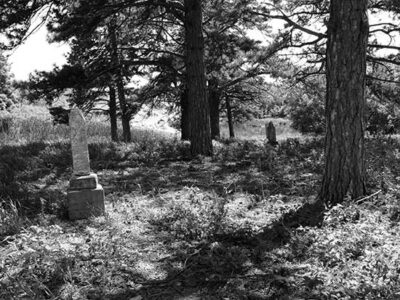ON DECEMBER 2 in Bremen, Germany, priest and historian Monsignor
Ivan Illich died in peace. He was taking a brief nap on a couch in
the home of his friend Barbara Duden. Three months earlier, Ivan
and I and two of his closest friends shared the pleasures of
walking through the streets of Florence, Italy. We enjoyed a
leisurely meal in a small, typically Tuscan restaurant. Laughter
and Chianti flowed freely. As I got up to pay the bill, Ivan had
already taken care of it.
Among the serious thinkers I have had the privilege to meet,
Ivan Illich alone embodied in his life and work a profound critique
of modern values. From Deschooling Society (1971) to
In the Vineyard of the Text (1993), he bore witness to the
destructive power of modern institutions that ?create needs faster
than they can create satisfaction, and in the process of trying to
meet the needs they generate, they consume the earth.?
Ivan Illich was unique: erudite, yet possessed of aliveness and
sensitivity. He savored the ordinary pleasures of life even as he
cheerfully embraced its inevitable suffering. Steeped in the
authentic Christian tradition of pilgrim (he had no home, sharing
only the hospitality of his friends and traveling from place to
place with never more than two bags), he was able to understand the
unforgiving allure of science and progress. With acute clarity and
sense of irony, he undermined, in all that he wrote, the
uncontested certitudes of modern society.
During his last visit to Oakland, he invited the local
archbishop to discuss corruption in the early church and the
evolution?as he saw it?of Christian charity from a personal act to
planned institutional service. His interlocutors arrived at my loft
and were ushered into the library. Illich spoke at length, but the
bishop and his clerical assistants seemed non-plussed, even
uncomfortable. I am sure they were wondering what in the world
Illich was getting at.
Two days after Illich died, The New York Times printed
an obituary that was a polemic rather than a serious remembrance.
The writer described Illich as a preacher of ?counterintuitive
sociology? to ?a disquieted baby-boom generation,? using ?Jesuitic
argumentation? and ?watered-down Marxism.? He also quoted a
deceased Times literary critic who in 1989 said that he
would ?especially? discard Illich?s books from his personal
library.
Given Illich?s frontal assault on the status quo, it is not
surprising that America?s newspaper of record would so interpret
his life and work. One can?t attack, as he cheerfully did,
schooling, medicine, even the ?pursuit of health,? transportation,
and economic development and still earn approbation. Like the
prophets before him, Illich is not easily accepted.
In the 1970s, facing sharp criticism from the Vatican, Illich
withdrew from the active ministry and refrained from speaking ever
again as a Catholic theologian. Instead, he focused on the
pervasive institutions of modern society. Here he found not the
triumph of progress, but the servitude of addiction and envy.
Instead of welfare economics and environmental management, Illich
emphasized the virtues of friendship and self-limitation.
At first, Illich offered trenchant social criticism,
particularly in Tools for Conviviality (1973) and
Medical Nemesis (1976). In later years, he turned his
attention inward and to what one of his friends called a new way of
doing theology. In an essay titled ?The Cultivation of Conspiracy,?
Illich wrote: ?I remain certain that the quest for truth cannot
thrive outside the nourishment of mutual trust flowering into a
commitment to friendship.?
In the last 20 years of his life, Ivan Illich suffered
increasingly from a persistent growth on the side of his face,
which he never treated, nor had diagnosed. In explaining why he
voluntarily suffered, he said simply, quoting Saint Jerome: ?Nudus
Christum nudum sequere??naked I follow the naked Christ.
In what was his most provocative and perhaps final comment on
the ?pursuit of health,? Illich wrote: ?Yes, we suffer pain, we
become ill, we die. But we also hope, laugh, celebrate; we know the
joy of caring for one another; often we are healed and we recover
by many means. We do not have to pursue the flattening-out of human
experience. I invite all to shift their gaze, their thoughts, from
worrying about health care to cultivating the art of living. And,
today with equal importance, the art of suffering, the art of
dying.?
Jerry Brown is former governor of California and current
mayor of Oakland. He can be reached at www.wtp.org and
jb@jerrybrown.org.




